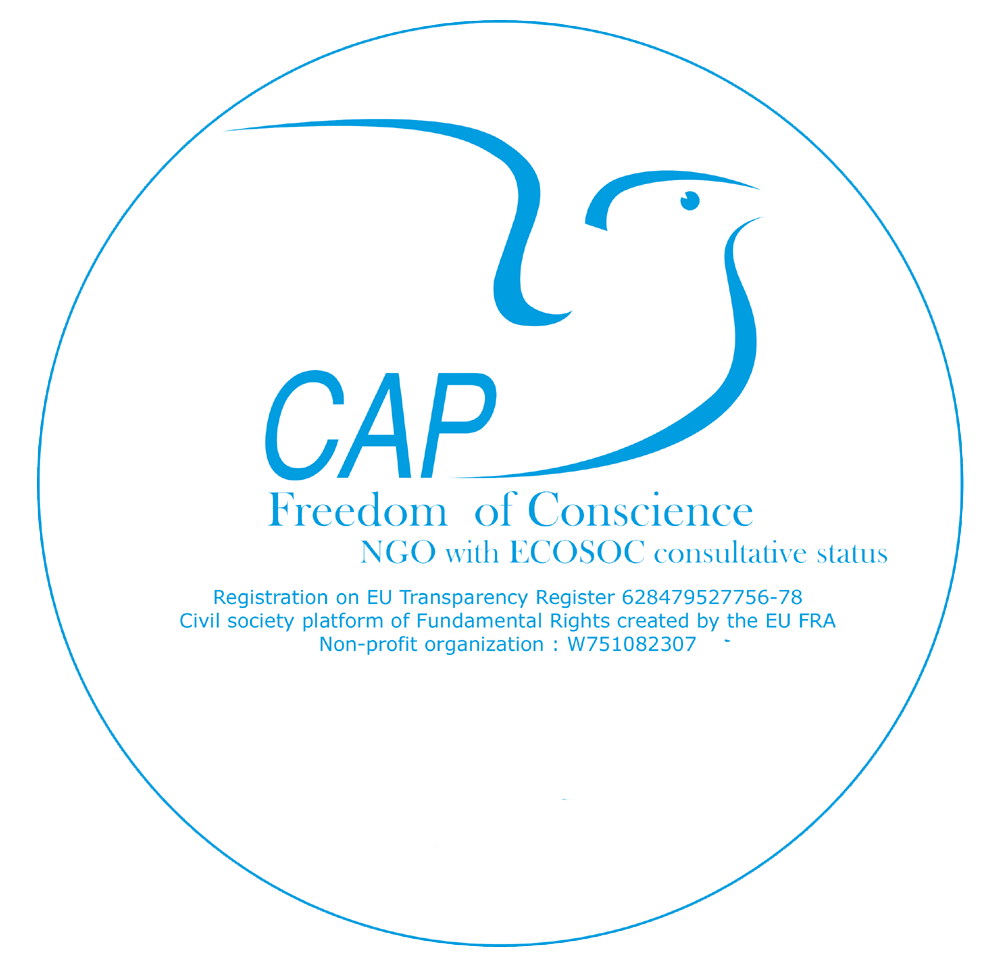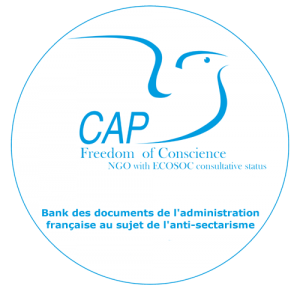By CAP Liberté de Conscience August 2024
Over the past few years there has been a noticeable uptick in concerns regarding anti Semitism in Belgium. Recent articles from the publications Causeur and Marianne have brought attention to this phenomenon.
The Causeur piece, titled “A Growing Anti-Semitic Atmosphere in Belgium ” explores the challenges faced by the community within the nation. According to the article many Belgian Jews express feelings of residing in an environment tainted by anti Semitism marked by insecurity and fear.
A significant point raised in the Causeur article is the surge in Semitic incidents—both physical and verbal. Referring to data from the Belgian League against Anti Semitism (LBCA) it reveals a 69% spike in Semitic occurrences in 2018 compared to the previous year. These incidents encompassed acts of vandalism, abuse, harassment and physical assaults.
Moreover the article underscores the escalating sense of vulnerability experienced by members of the community. Numerous Jews living in Belgium admit to concealing their affiliations while out in public due to concerns, over discrimination or potential violence. Quoting a Brussels based resident; “I’ve stopped wearing my kippa “I feel uneasy when I go outside. It’s risky.”
The Marianne piece, titled “Alarming Statistics, on Anti Semitism in Belgium ” supports the conclusions of the Causeur report. The piece explores the data concerning anti Semitism in the nation drawing from sources.
As per the Marianne article, a 2019 survey conducted by the European Union Agency for Fundamental Rights revealed that 41% of Jews had encountered Semitic harassment in the previous year. This percentage is notably higher than the EU average of 30%.
The Marianne article also sheds light on the increase in reported incidents of anti Semitism to authorities. In 2018 the Belgian Center for Equal Opportunities and Opposition to Racism (UNIA) documented 101 instances of Semitic behavior marking a 49% surge from the preceding year.
Moreover it is mentioned in the article that this issue is not confined to regions or communities within Belgium. Anti Semitic occurrences have been reported throughout the country spanning from hubs to towns.
Both Causeur and Marianne articles emphasize the varied nature of this issue. The upsurge, in anti Semitism cannot be attributed to a cause. Rather stems from a blend of societal, political and economic factors.
The Causeur article suggests that part of the issue stems from the tensions and divisions present, in Belgium. It mentions how the countrys varied population, encompassing religious groups has led to an atmosphere of distrust and suspicion.
Additionally the article points out that the political landscape in Belgium has contributed to the increase in anti Semitism. It highlights the influence of political parties known for promoting anti Semitic ideas and policies.
On a note the Marianne article focuses on factors that might be playing a role in this problem. It discusses how economic difficulties faced by segments of the population such as high unemployment and income inequality have led to resentment and blaming of minority groups, including Jews.
Both articles mention media and misinformation as elements contributing to the growth of anti Semitism, in Belgium. The Causeur article specifically mentions how online platforms have fueled Semitic conspiracy theories and hate speech.
Furthermore the Marianne article underscores the importance of an effort to tackle this issue comprehensively.
The article suggests that it is important for the Belgian government and civil society organizations to collaborate in addressing anti Semitism by focusing on education, laws and community initiatives.
Apart, from the information shared in the Causeur and Marianne articles there have been two events highlighting the increasing anti Semitism in Belgium. The first incident took place in September 2022 when Brussels called off a planned football match between Belgium and Israel due to security concerns linked to protests supporting the cause in Brussels.
Similarly in August 2022 Ghent decided not to allow an Israeli frisbee team to participate in a youth tournament for security reasons. These actions of excluding teams from sports events have faced criticism for giving in to Semitic pressures and normalizing the exclusion of Israelis from public activities.
In summary dealing with rising anti Semitism in Belgium involves factors as shown by the information from Causeur and Marianne articles and recent incidents, like sports event cancellations.
The rise, in Semitic occurrences the heightened feeling of insecurity within the Jewish community and the multiple societal, political and economic influences fueling this issue all underscore the importance of tackling this urgent matter. Going forward it is essential for Belgian officials and community organizations to take steps to combat anti Semitism and guarantee the protection and integration of the population, in the nation.







